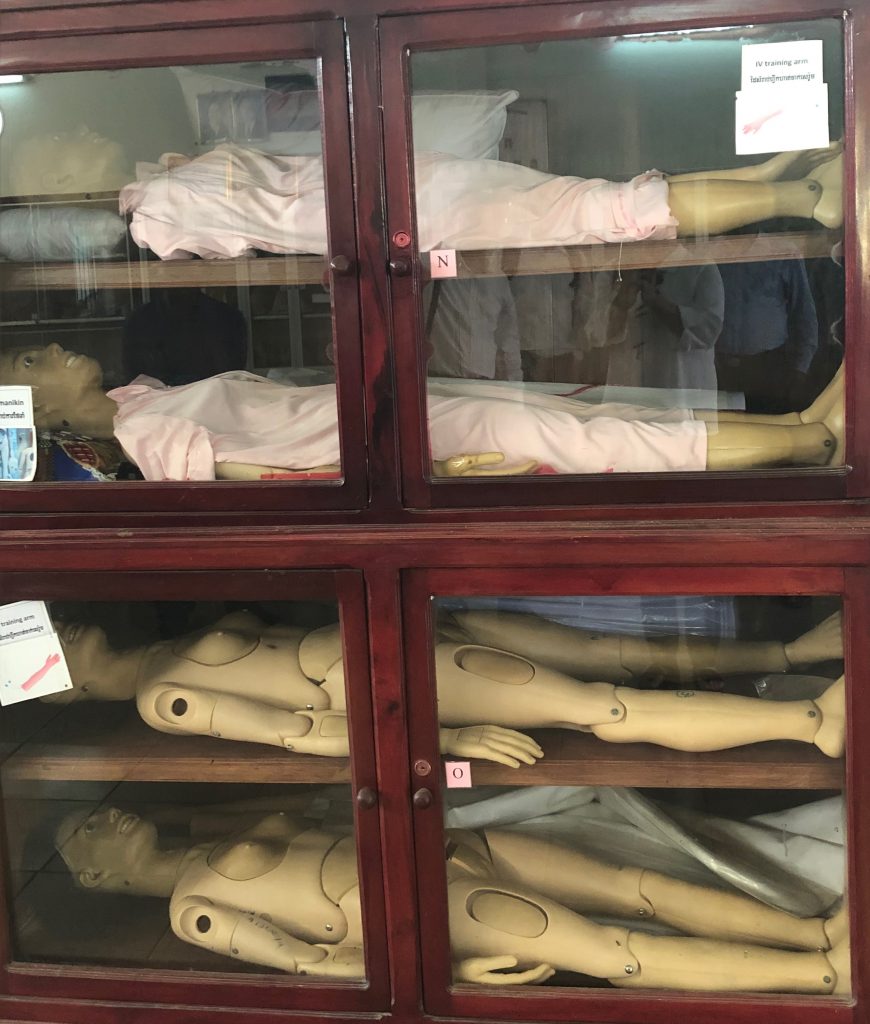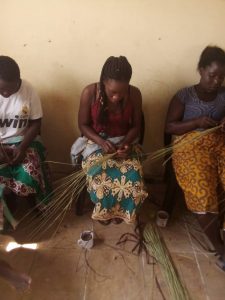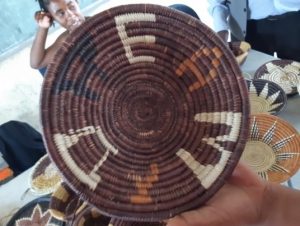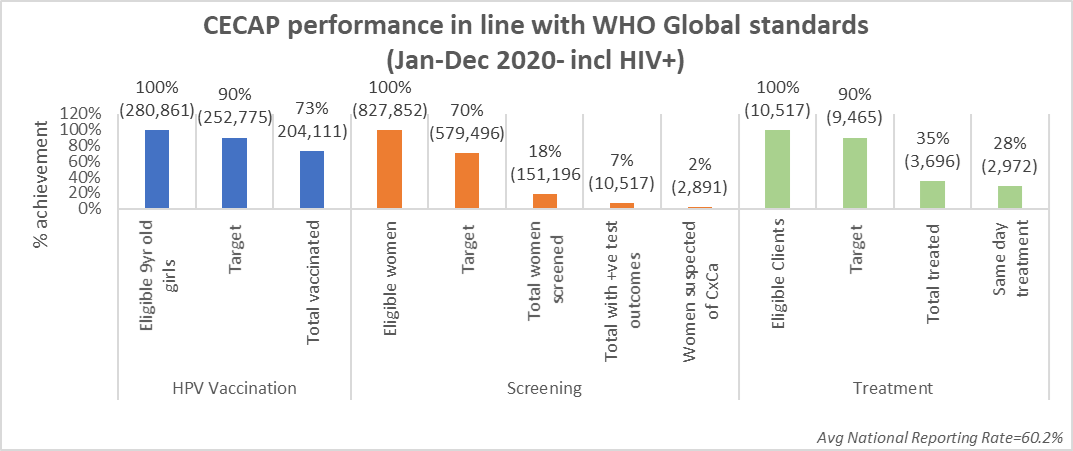Describing Adverse Events within VMMC Programs at Scale
I-TECH works diligently to review and revise procedures to identify, manage, and report adverse events (AEs). I-TECH’s previous publications on AEs reveal efforts to maintain high quality programming and emphasize patient safety alongside achievement of targets.
An evaluation published in the Journal of the International AIDS Society found that AEs were uncommon, with 0.3% of surgical and 1.2% of PrePex (a non-surgical VMMC device) clients experiencing a moderate or severe AE. However, the evaluation also found that younger clients were at greater risk of infection.
Increasing Understanding on the Timing and Type of AEs in Routine VMMC Programs at Scale
As VMMC expands in Sub-Saharan Africa, I-TECH works to ensure program quality matches efforts to increase program productivity. I-TECH ensures patient safety through patient follow-up to identify and treat AEs. The timing of routine follow-up visits in MC programs is designed to ensure patient safety by identifying, treating, and managing complications. Although routine follow-up timing may differ by country, in Zimbabwe, three follow-up visits are scheduled to ensure quality service provision and patient care: Visit 1 (Day 2); Visit 2 (Day 7); and, Visit 3 (Day 42).
I-TECH’s implementation science efforts use routine data collected from clients with AEs and has found that AEs followed distinct patterns over time. Using these findings, ZAZIC has been improving VMMC care by 1) improving counseling about MC complications following initial visits for clinicians, clients, and caregivers ; 2) distributing wound care pamphlets to clients and caregivers; and 3) emphasizing follow-up tracing for younger boys, ages 10-14, and their caregivers to provide additional targeted, post-operative counseling on AE prevention.
Increasing AE Ascertainment through Routine Quality Assurance Efforts
To further increase ascertainment of AEs, I-TECH recently conducted a quality improvement (QI) initiative to improve provider identification and reporting of AEs. ZAZIC Gold-Standard (GS) clinicians prospectively observed 100 post-MC follow-ups per site in tandem with facility-based MC providers to confirm and characterize AEs, providing mentoring in AE management when needed.
The QI data suggested that AEs may be higher and follow-up lower than reported and ZAZIC’s Quality Assurance Task Force is replicating this QA study in other sites; increasing training in AE identification, management, and documentation for clinical and data teams; and improving post-operative counseling for younger clients. Additional nurses and vehicles, especially in rural health clinics, are currently being trained and leveraged to further improve client follow-up and AE ascertainment.
Improving Data Quality
ZAZIC undertakes weekly, monthly, and quarterly data quality audits (DQA) to ensure data correctness and completeness. Intensive DQA processes were documented and availability and completeness of data collected before and after DQAs in several specific sites was assessed with the aim to determine the effect of this process on data quality. ZAZIC found that after the DQA, high record availability of over 98% was maintained and record availability increased. After the DQA, most sites improved significantly in data completeness and ZAZIC continues to emphasize data completeness to support high-quality program implementation and availability of reliable data for decision-making.





